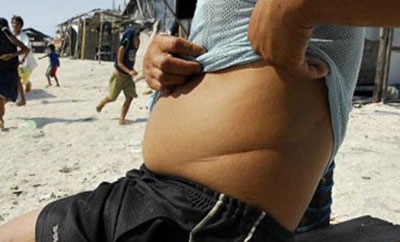An investigation into organ trafficking has seen experts refute the feasibility of organ theft, though this does not discount the possibility of Latin American organized crime’s involvement in trafficking.
According to the report from BBC Mundo, while illegal organ trafficking is an undeniable reality across the globe, the concept of criminals kidnapping people to harvest their organs is extremely unlikely.
Speaking to the BBC, Alicia Elena Perez, a Mexican investigator specializing in organ trafficking, said she had never come across a confirmed case or consulted a transplant surgeon who thought it even possible. According to Perez, previous reports were nothing but “media scandals” that could not be verified.
However, the report did state that Costa Rica had become a “host country for transplant tourism” facilitated by a network of travel agencies, hotels and health professionals.
According to the investigation, kidneys represent up to 75 percent of the organs illegally trafficked worldwide, with between 15,000 and 20,000 illegally transplanted each year.
InSight Crime Analysis
The steadfast rejection of the possibility of organ theft from professionals consulted appears to pour cold water on some of the gory tales that have emerged out of Latin America in recent years.
In March, Mexican criminal group the Knights Templar was accused of diversifying into organ trafficking, with lurid details emerging in the international press of both adults and children being kidnapped to have their body parts removed for black market resale.
Meanwhile, in mid-2013 an investigation into stolen babies and illegal adoption in Guatemala involved claims that some were having their organs removed.
Yet, while organ theft might be extremely difficult logistically, the possibility of organized crime profiting from trafficking remains real. As a 2013 organ trafficking investigation in Costa Rica demonstrated, the trade is transnational, highly lucrative and run by extensive networks. So even if conventional criminal groups are not involved, the trade demands a significant degree of criminal organization.
SEE ALSO: Coverage of Costa Rica
What’s more, as has been demonstrated by a high profile case in Eastern Europe, those involved in illegal organ trafficking can be the same networks responsible for trafficking the likes of drugs and arms.

